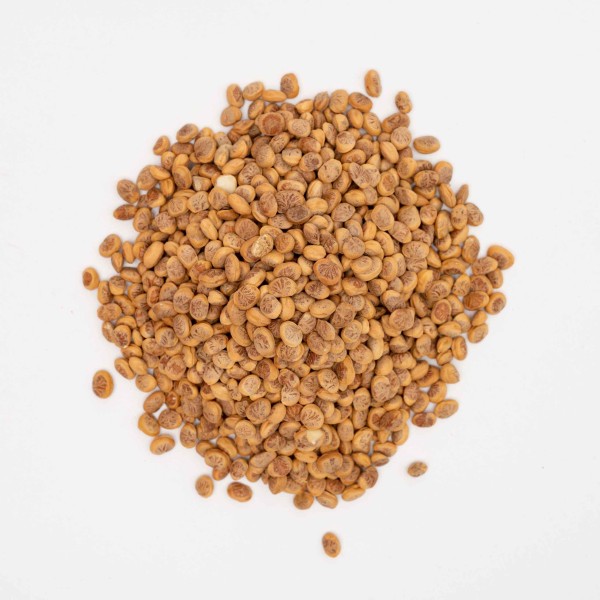Starting a Chironji Processing Plant in Madhya Pradesh
Chironji, also known as Charoli, is a versatile nut native to India, prized for its rich flavor and nutritional content. With a growing demand for health-conscious food options, processing these "forest almonds" presents a lucrative opportunity in Madhya Pradesh, a state boasting abundant Chironji resources. Let's delve into the intricacies of establishing a processing plant:
Market Demand:
The global Chironji market is expected to reach $144.2 million by 2027, driven by its increasing use in bakery goods, confectionery, ice creams, and health supplements. Value-added products like Chironji oil, butter, and flour further expand the market reach.
Raw Material Availability:
Madhya Pradesh is a major Chironji producer, with abundant availability from Sheopur, Mandla, and Morena districts. Sourcing can be done directly from farmers, cooperatives, or aggregators.
Processing Techniques:
- Sun drying: Traditional method, requiring space and time but cost-effective.
- Mechanical drying: Faster and efficient, but requires investment in dryers.
- Dehulling: Manual or mechanized removal of the hard outer shell.
- Cleaning and sorting: Removing impurities and sorting by size and quality.
- Grading: Separating kernels into different grades based on size and color.
- Roasting: Enhances flavor and shelf life.
- Grinding: Produces Chironji powder for various applications.
Machinery:
- Drying equipment (optional, depending on chosen drying method)
- Dehulling machines
- Cleaning and sorting equipment
- Grading machines
- Roasters
- Grinders
- Packaging machines
By-products:
- Chironji shells can be used as fuel, activated charcoal, or composting material.
- The remaining pulp can be processed into animal feed or biofuel.
Value-added Products:
- Chironji oil: Rich in monounsaturated fats, used in cooking, cosmetics, and pharmaceuticals.
- Chironji butter: Concentrated flavor, used in baking and confectionery.
- Chironji flour: Gluten-free, high in protein and fiber, used in bakery goods and snacks.
Preservation Methods:
- Vacuum packaging: Extends shelf life by preventing oxidation.
- Modified atmosphere packaging (MAP): Replaces air with gases to inhibit spoilage.
- Cold storage: Maintains freshness for longer periods.
Nutritional Value:
Chironji is a rich source of protein, fiber, vitamins, and minerals, making it a valuable addition to a healthy diet.
Packaging:
- Pouches, stand-up bags, and jars offer flexibility and convenience.
- Glass jars provide premium appeal for value-added products.
- Eco-friendly packaging options are increasingly preferred.
Domestic & International Demand:
- Domestic: Strong demand in major cities and growing awareness in rural areas.
- Gulf market: High demand for premium quality products.
- European market: Increasing demand for organic and natural ingredients.
- US market: Growing health food market presents a significant opportunity.
- Japanese market: Appreciates unique and healthy ingredients.
E-commerce Potential:
Online platforms offer direct access to a wider customer base and can be a valuable sales channel.


